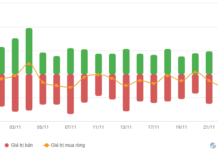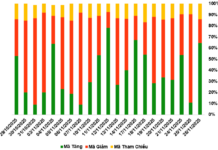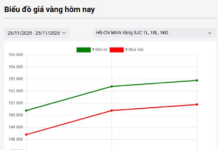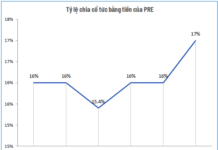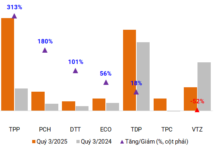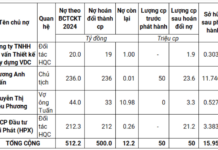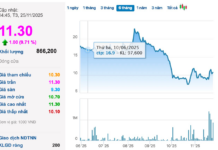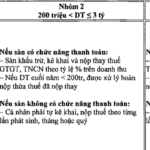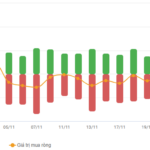
Director of the Tax Department, Mai Xuan Thanh – Photo: Tax Department
Urgent implementation of the tasks is required, ensuring no disruption to post-disaster production recovery.
First, regarding the specialized inspection of gold trading businesses, the Inspection Board representative reported that the review identified multiple risk indicators, including gold transactions through individuals without invoicing, improper authorization, and declared revenue inconsistent with actual figures. The Board recommends that local authorities inspect businesses identified as high-risk and conduct a comprehensive review of all gold, silver, and gemstone traders in their jurisdictions.
Inspections will focus on tax law compliance, invoice usage, and timely violation handling without hindering post-disaster recovery efforts. Local Tax Departments are instructed to allocate sufficient resources and fully comply with Official Dispatch 221/CT-KTr dated November 11, 2025.
Second, reports indicate a significant proportion of businesses declaring multi-year losses, particularly among small and medium-sized enterprises. Some anomalies include continuous loss declarations without revenue, non-business-related expenses, improper provisioning, and non-compliant related-party transactions.
Initial inspections of high-risk businesses have uncovered multiple violations. The Board recommends further risk assessment and directs local authorities to include long-term loss-making businesses in the 2026 inspection plan. Tax authorities are also tasked with refining selection criteria, enhancing risk analysis, and compiling violation data for future reference.
Inspectors will receive additional training to improve fraud detection in chronically loss-making businesses. Enhanced communication efforts will ensure taxpayers understand policies, fostering greater compliance.
Third, concerning anti-VAT refund fraud initiatives, the Inspection Board noted that the Tax Department has directed local offices to prioritize post-refund inspections, focusing on high-risk items such as mobile phones, non-ferrous metals, and used cooking oil, as well as large-value claims. Several localities have identified violations, including fictitious business addresses, non-existent operations, non-bank transactions, incorrectly dated invoices, and questionable export origins.
The Board urges local authorities to complete refund inspections within the final two months of the year and strengthen measures against invoice fraud and end-to-end supply chain management.
Director Mai Xuan Thanh instructed unit heads to maximize resource allocation for completing the three priority initiatives this year. In disaster-affected areas, tax authorities must balance support for impacted businesses with damage assessment and recovery monitoring.
He emphasized inter-agency collaboration between tax authorities, police, and relevant bodies to address fraud and tax evasion. Additionally, he advocated for leveraging digital data, risk analytics, and AI solutions to enhance oversight effectiveness.
“Continued efforts in taxpayer communication and support are essential for improving legal compliance. Successfully executing these three initiatives will combat revenue leakage, foster a transparent business environment, and strengthen public and business trust,” Director Mai Xuan Thanh concluded.
Tax Filing Pitfalls for Small Businesses: Expert Warns of Critical Risks to Avoid
As the tax reform campaign enters its final stretch, many F&B businesses are hesitant to embrace change or are tempted by short-term gains, making them susceptible to “legal loophole” advice. Experts warn that these choices are fraught with risk, especially as the tax authority intensifies its use of AI and Big Data technologies.
How Does the Elimination of Presumptive Tax Impact Online Businesses?
The rise of online sales, social media platforms, and livestreaming has revolutionized commerce, giving birth to new roles like influencers (KOLs) and key opinion consumers (KOCs). Starting in 2026, the lump-sum tax system will be discontinued, with significant adjustments targeting e-commerce-related businesses.


